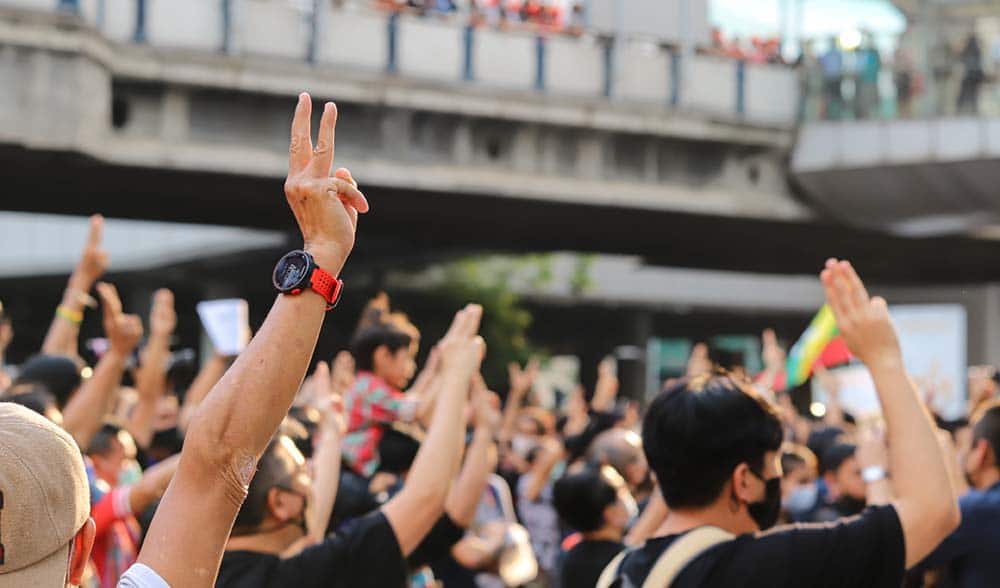The second Summit for Democracy, in short S4D, is taking place at the end of March and everything seems to show that the US Government will step back from leading this process. This raises questions about the future of the summit process and how strong democracies’ political interest is in deepening cooperation. A recent policy brief released by Forum 2000 assesses the state of play in global democratic cooperation and suggests how it might be best developed after the second summit.
Coordinated by Richard Youngs and authored by experts from different regions and perspectives, the brief acknowledges the importance of thematic cohorts “even if the functioning and results of these cohorts have varied greatly”. The assessment of the S4D process also signals the lack of funding that has prevented many civil society organizations from the South from participating and the fact that “the commitments that governments made at the first summit don’t have indicators and are difficult to measure over one year”.

How can cooperation be developed after the second summit?
In terms of geopolitical change, the authors stress that “international cooperation among Western and a small number of other democracies has revived, in defense of the liberal international order”. “Yet, – it follows – as Western democracies draw closer together, the Global South seeks to avoid entrapment in great power rivalries”. In this context, the S4D cohorts “risk becoming rather low key and technocratic, taking the focus away from high level geopolitical aspects of democratic coordination”. For instance, the cohorts have made no reference to serious attacks on democracy in specific countries – as very concrete deteriorations occur in places like Belarus, Hong Kong, Nicaragua, Tunisia.
Another issue address by Forum 2000’s policy brief is the matter of the future leadership of the process. And while the US and Europe are deeply involved, “the crucial issue will be to ensure that a wide range of democratic states feel ownership in steering this political process if it is to meet its main objective of globalizing the ethos of democracy support”. For this the authors suggest that “responsibility for invitations could be given to regional hosts of particular initiatives, with these representatives deciding on the minimum standards required in partnership with regional bodies and even civil society organizations, an approach that could reduce perceptions of geo-politics shaping the process”.
And finally, with the aim of not only maintaining but strengthening the S4D process the policy brief suggests a “shift from a process of democratic governments to one of global democrats” allowing for more involvement and participation from civil society representing not only democratic countries, but even those who strive under authoritarian rule. This, the authors highlight, will contribute to bring the Global South fully.
The policy brief falls within Forum 2000’s commitment to serve as a strategic partner of the Summit for Democracy as global cooperation for democracy is deeply rooted in its mission.
On 28 March 2023, Forum 2000 is hosting a virtual event on the subject as part of the S4D Partners of Democracy Day.





